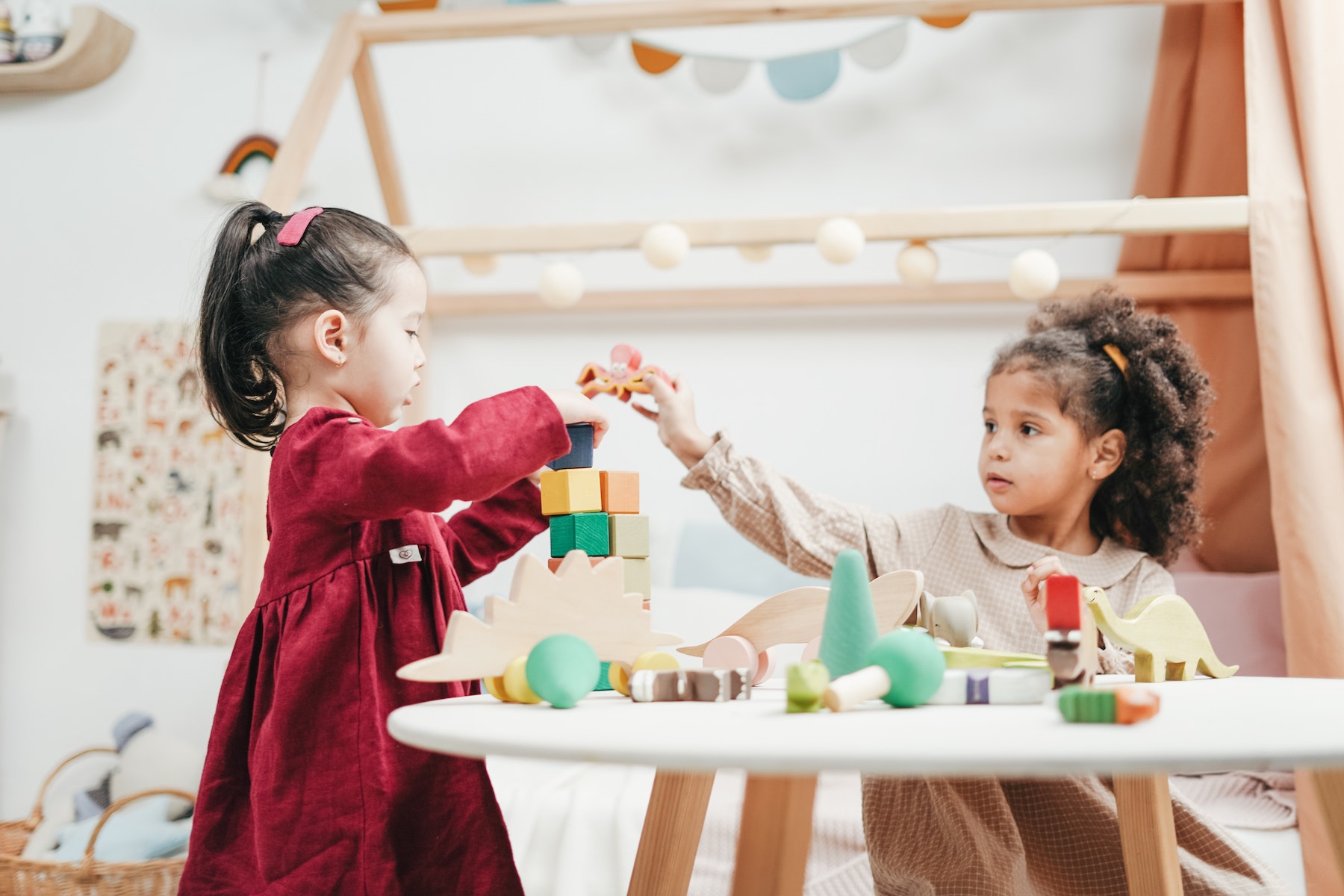
I’ve been thinking a lot about the foster care system on a national level.
I’ve been thinking about kids in the foster care system within my own community.
I feel like I need to do more. I need to know more. I need to be more involved.
Where I get caught up is thinking that as an individual person, I can’t do much, so I should just not try at all.
That could not be farther from the truth.
Each great movement begins with an individual person believing they can make a difference and taking small steps toward the right direction.
For those of you who are currently foster care parents, you know what I’m talking about. You felt the nudge to do something more and you continued to take the steps in the direction to do so.
And once you became foster care parents, you may have realized, like myself, that there was an entire world of existing hurt that you had no idea was even possible. You found yourself wondering if you really could make a difference or if it was just too great of a responsibility.
Well, the answer to both is, yes. It is a great responsibility and you really can make a difference.
Kiddos in foster care most often come from hard places and experience what I’ve learned to be called, “developmental complex trauma.” Hard places means coming from a home where the main caregiver caused abuse or neglect to a young, developing mind. When this happens, kids have a hard time trusting adults and tend to act in ways they believe lead to their survival.
So, why is this important to remember when your child from foster care yells at you, screams uncontrollably, or refuses to hold your hand?
Because their world before you told them they weren’t safe and their emotions are not to be trusted. This can be heartbreaking. So, what can we do if we’re entrusted with these kids in our care? We can create sensory-rich, caring homes that lead to trusting relationships with a few techniques below.
- Get down on their level: A towering adult can be seen as a potential danger, and without even realizing it, your child may go into defense mode.
- Playful engagement: Kids from hard places often feel like they don’t have control of their lives. Offer choices or compromises you’re comfortable with to your child in a playful tone.
- Play: Ten to 15 minutes of play directed by your child can do wonders for your relationship. They feel seen, heard, and valued when you’re in their world.
As you build a trusting relationship with your child and they feel safe, you’ll be able to increase the amount of structure you’re aiming toward. An increase of structure also means an increase in nurture.
If you’re not currently involved in foster care and are wondering where to start and how you can help, I found several local organizations in my community I didn’t know existed, so be sure to check for organizations in your own community first. You might be surprised how many are already making a difference and are waiting to be explored.
Additionally, here are a few nationally known organizations we’ve found to be helpful in our family:
Court Appointed Special Advocates: An advocate that works alongside the court system to represent children.
CarePortal : A technology platform that connects vulnerable children and families to people who have something to give.
*The practices mentioned above are just a few from the holistic therapy model known as Trust-Based Relational Intervention (TBRI). To learn more, visit here.




